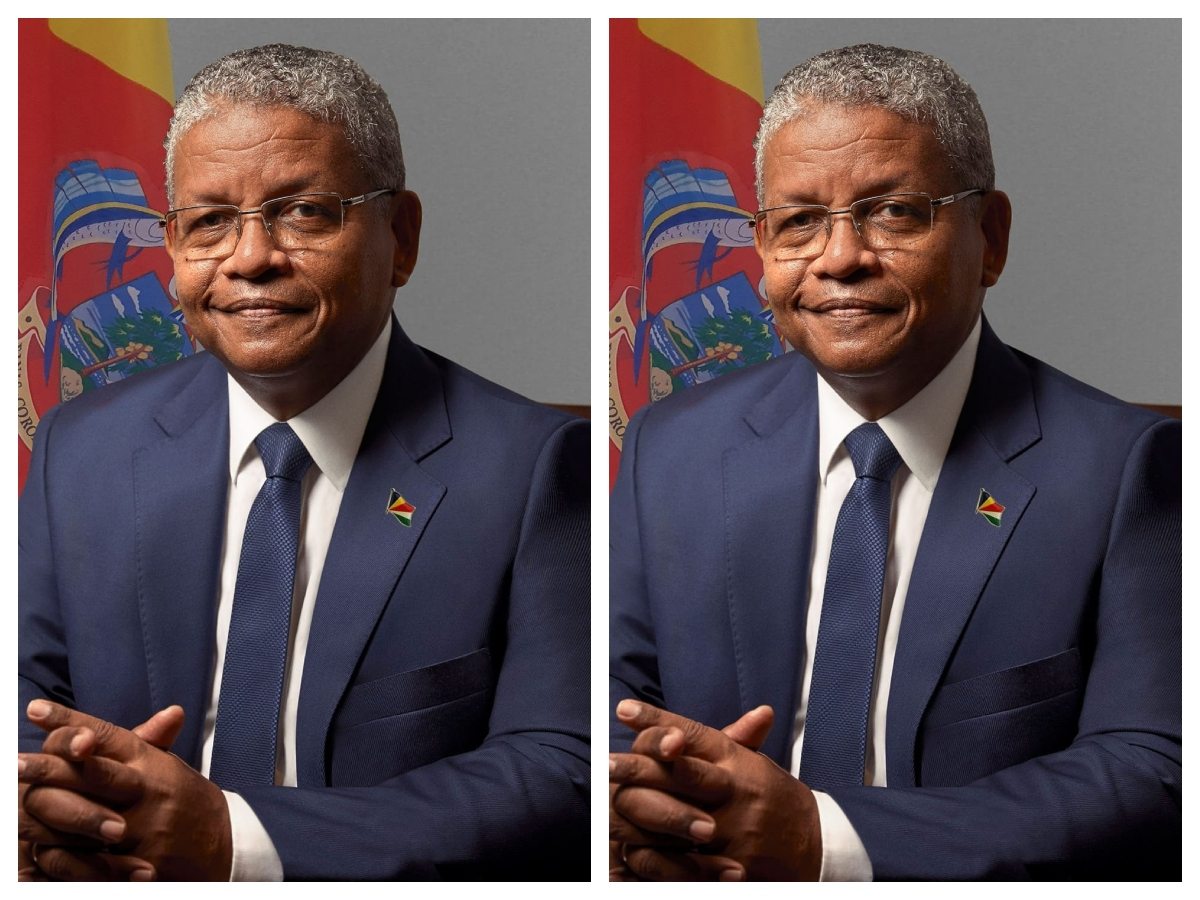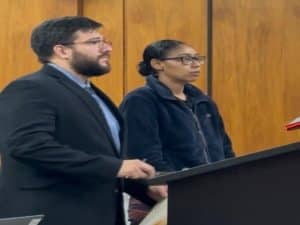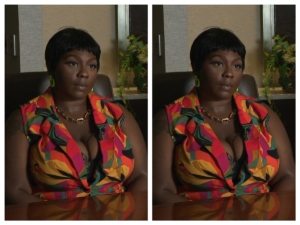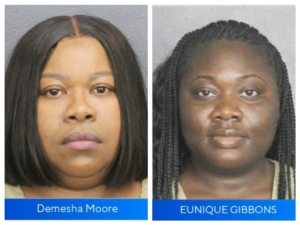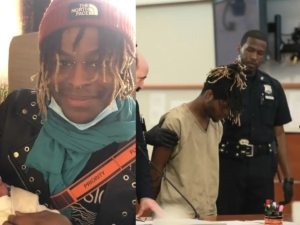Voting is underway in Seychelles, where residents are weighing their choice of president and parliament against the backdrop of a deepening drug crisis and contentious environmental debates.
Early balloting began Thursday, with election officials sending ballot papers to remote islands and opening special polling stations for seniors and essential workers, according to election commission chief Manuella Amesbury in an AP report. The main vote is set for Saturday.
President Wavel Ramkalawan, an Anglican priest who turned to politics, is seeking another five years in office. In 2020, he ended decades of dominance by the ruling party after five unsuccessful bids for power. His Linyon Demokratik Seselwa party has campaigned on promises of economic recovery, social stability, and sustainability.
Standing against him is Patrick Herminie, a veteran legislator and former speaker of the National Assembly who once chaired the Agency for the Prevention of Drug Abuse and Rehabilitation. Both leaders have faced criticism over the country’s entrenched drug crisis.
READ ALSO: Seychelles: Witchcraft charges brought against country’s main opposition leader
Seychelles has one of the highest rates of heroin addiction globally, with a 2017 United Nations report calling it a major trafficking route. Analysts estimate nearly 6,000 users in a population of just 120,000, while some say addiction affects close to 10%. Critics argue Ramkalawan has failed to curb the problem, while Herminie has been accused of mishandling it during his time overseeing the drug agency. Gerald Edwin Julie, a former program manager there, said the body was “a political tool” for Herminie, who had “no prior knowledge of drug addiction when appointed.”
Apart from addiction, the campaign season has been overshadowed by a controversial deal to lease Assomption Island to a Qatari company for luxury development. The agreement includes an airstrip upgrade to attract international flights, sparking backlash over foreign influence and environmental risks. Assomption lies close to Aldabra Atoll, a UNESCO-protected reserve, where activists fear dredging and construction could harm fragile ecosystems.
“The hotel development on Assomption has (been) clouded with controversy,” said activist Victoria Duthil, who helped file a constitutional challenge. “Recent images of an injured tortoise and dredging that have emerged have highlighted how urgent the situation is.”
Seychelles, a chain of 115 islands scattered across nearly 390,000 square kilometers of the Indian Ocean, has built its wealth on high-end tourism and environmental branding. It now ranks as Africa’s richest nation per capita, according to the World Bank, and boasts some of the continent’s lowest levels of corruption. Still, memories of graft during the three-decade rule of France-Albert Rene linger, and concerns over transparency have resurfaced.
Two other presidential contenders, Kisna Louise and Maarco Francis, are also under scrutiny, Louise faces a legal probe, while Francis has been accused of using a forged academic degree.
READ ALSO: Wavel Ramkalawan, the Anglican priest who is now president of Seychelles
Despite the choices before them, skepticism runs high among voters. “There are no good candidates,” said local businessman Jean Paul Maurel.
If no contender secures more than 50% of the vote, Seychelles’ presidential race will head to a runoff.

